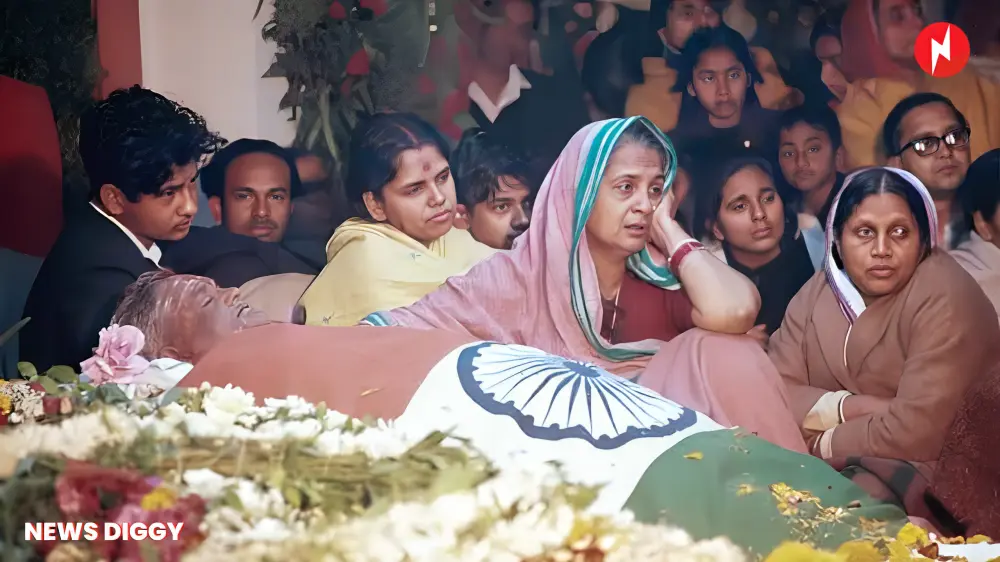Lal Bahadur Shastri, the second Prime Minister of India, was an inspiring politician and leader and was a man of principles. He played a crucial role in India’s struggle for freedom and later in shaping the country’s policies as a leader.
Lal Bahadur Shastri legacy
He left behind a rich legacy of integrity, honesty and humility that is worth inspiration. Lal Bahadur Shastri, was born on October 2, 1904, in Mughalsarai, Uttar Pradesh.
In addition to having the same birthday as the Father of the Nation, Lal Bahadur Shastri was deeply moved by his values. He actively participated in the Indian independence movement, joining Mahatma Gandhi’s non-cooperation movement in 1921.
Lal Bahadur Shastri climbed the political ladder and became an important figure inside the Indian National Congress. In independent India, he served in a number of ministry departments, especially as Uttar Pradesh Minister of Transportation and Police.
Lal Bahadur Shastri Joined as Home Affairs
Shastri joined Jawaharlal Nehru’s government in 1961 and became Minister of Home Affairs. In 1964, Nehru passed away, and Shastri became India’s second Prime Minister.
Lal Bahadur Shastri gave the slogan of “Jai Jawan Jai Kisan”
Shastri encountered various difficulties during his term, including the 1965 Indo-Pak War. Shastri’s most well-known contribution to the Indo-Pak War of 1965 was his promotion of the “Jai Jawan Jai Kisan” (Hail the Soldier, Hail the Farmer) slogan to address the food scarcity in India during the war.
There was a service food scarcity in 1965 during the war. The US also threatened to reduce wheat supply in India if India didn’t stop the war. Despite so many challenges, Shastri didn’t lose hope and came up with an innovative approach. He requested people to skip one meal at least once a week when speaking to his fellow citizens on AIR the next day.
During the new few weeks, even restaurants followed his instructions. That is when he spoke the famous phrase “Jai Jawan Jai Kisan”.
The administration of Shastri prioritised economic and agricultural matters. He promoted the Green revolution and the White revolution. His emphasis on the welfare of both farmers and soldiers was reflected in the slogan “Jai Jawan Jai Kisan”.
Lal Bahadur Shastri death

Lal Bahadur Shastri served as the Prime Minister of India from 1964-1966. His tenure was short, as he passed away on January 11, 1966, in Tashkent, Uzbekistan, just a day after signing the Tashkent agreement.
The agreement was signed between India and Pakistan on 10th January 1966 to resolve the Indo-Pak War and ensure lasting peace between the countries. Lal Bahadur Shastri is remembered as a leader of integrity and simplicity, committed to the welfare of the nation.
Through his moral ideas and ethics, he set high standards for society. His people and country always went beyond his family. His contributions to India’s progress and his legacy continues to be celebrated.




